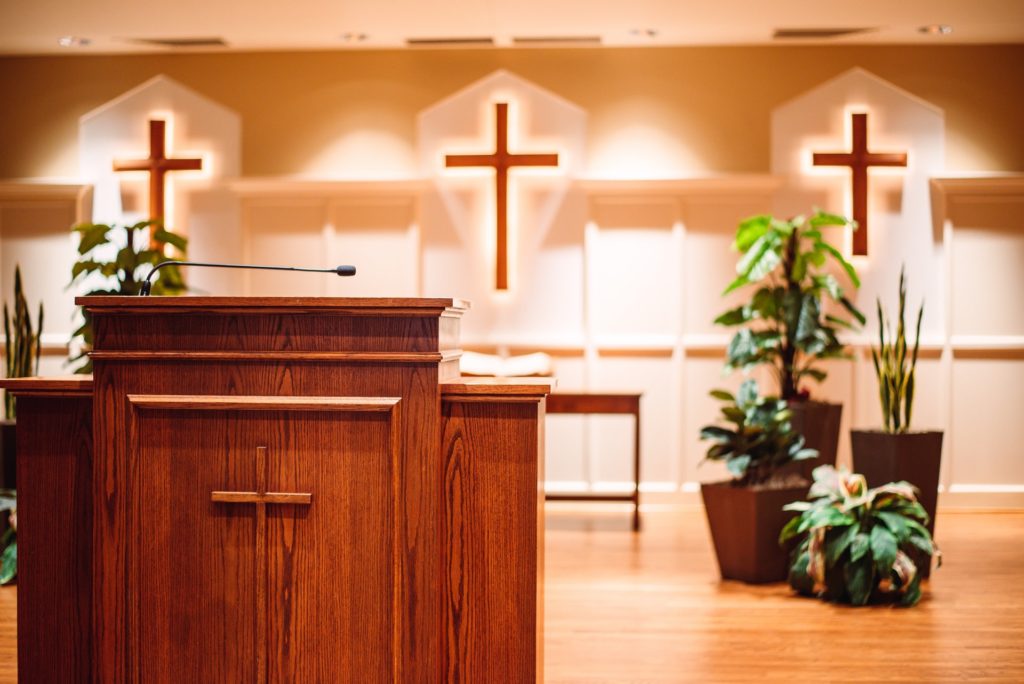Christianity is often misinterpreted as a singular way of living – completely spiritual and supernatural disregarding the mind and soul. This is not how the Word describes life to be, in fact, we are instructed to focus on the things above (Colossians 3:2) but also directed not to neglect the things of the earth (Matthew 6:26-27). So how and why should we indulge in the things of the world whilst also focussing on the things above, especially with respect to therapy and Christ?
The stigmatisation of seeking physical help
I am confined and cannot escape; my eyes are dim with grief.
Psalm 88: 8-9
Mental health is highly stigmatised in Christianity, to the extent where many may be afraid to even talk about such an issue or worse, seek help. Understanding that our mind is an aspect of our being that God also created, and just like our physical self, needs tending to, will help us in coming to terms with the depth and complexity of His creation. Think about how complex the mind and soul are – if we don’t tend to them, how exactly can we learn about them, and thus the extent of God’s power. To say you suffer from issues with mental health doesn’t mean you have ‘demons’ or you are ‘possessed,’ it simply means you have a problem that requires tending to. Prophets in the Bible suffered from problems with mental health, Elijah as an example, so what makes you think that you are not allowed to? If David, the man after God’s heart, can lament to God saying “darkness is my only friend” (Psalm 88) – why must we now be invincible to such issues? Why would God create such a community of encouragement and love if it was not for our minds too? Why would speaking good of each other matter if not for our soul? (Proverbs 16:24) Surely, they have an extent to which they affect our physical being? Let us not put the Creator at a subconscious limit that can be detrimental to the way we view Him – partially depicting to us who He truly is.
Making less of God
Indulging in the things of this world does not necessarily equate to making less of God. In the same way that working ‘secular’ jobs and going to ‘secular’ places doesn’t negate the authority of Christ in our lives, so it is with going to counselling or therapy. As Christians we must understand that it is possible to be in the world but not of the world – these two concepts do not have to be mutually exclusive. Therapy is not necessarily a contrast to God’s healing power, but a complement to it – thus it is possible to both go to therapy and talk to God. In the same way, we would go to a physician for help with broken physicalities, it is the same way we would go to a therapist/counsellor for help with our mental health. If the Author who created Heaven and Earth is sovereign (which He is), why limit him to just working through the supernatural when He works through everything and every being in this world?
By going to therapy/counselling, you are not saying that Jesus is less than but affirming that He is truly sovereign.

Christian therapy and counselling
For freedom Christ has set us free; stand firm therefore, and do not submit again to a yoke of slavery.
Galatians 5:1
We must not forget, in everything we must be transformed – not to be conformed by the way the world teaches us but by the Word of God. Christian therapy and counselling exists for this purpose, not to stray one towards an unfamiliar path, but to guide one towards the path of truth and reality, professionally. Most teachings from therapy and counselling are built from the foundations of Christianity – so to conduct in such will not necessarily harm your faith. In fact, it may help deepen your faith, making you more knowledgeable about yourself and your need for Christ, as well as providing a healing process for you.
Galatians 5:1 states “so Christ has truly set us free. Now make sure that you stay free…” – this tells us that there’s freedom available and freedom to be found! We should seek methods that help us to grasp these freedoms and loosen us from the chains of trauma, hurt and mental health challenges, such as therapy.
Idolatry, the centre is still Christ
It is important to note that all of the above points are not to say that you should neglect God. In the famous words of Paul Washer, “Christ should be at the first, second, last and all of the above in our lives.” Christ works through the therapist, but they were never the source. They are but the resource to helping you on your journey. The source is and always will be God. Just as you talk to a therapist, we must be careful not to miss out on conversing with the Lord. This is exactly what He asks us to do (1 Peter 5:7). Contrary to criticisms, counselling can work in a cooperative relationship along with prayer, scripture and fellowship rather than a dichotomous relationship. The source should always be the first in our lives, every other resource is secondary.
If you are seeking Christian counselling and therapy, please click here. You will be redirected to the Association of Christian Counsellors homepage, where you can find a database of different Christian counsellors and therapists near you.

























